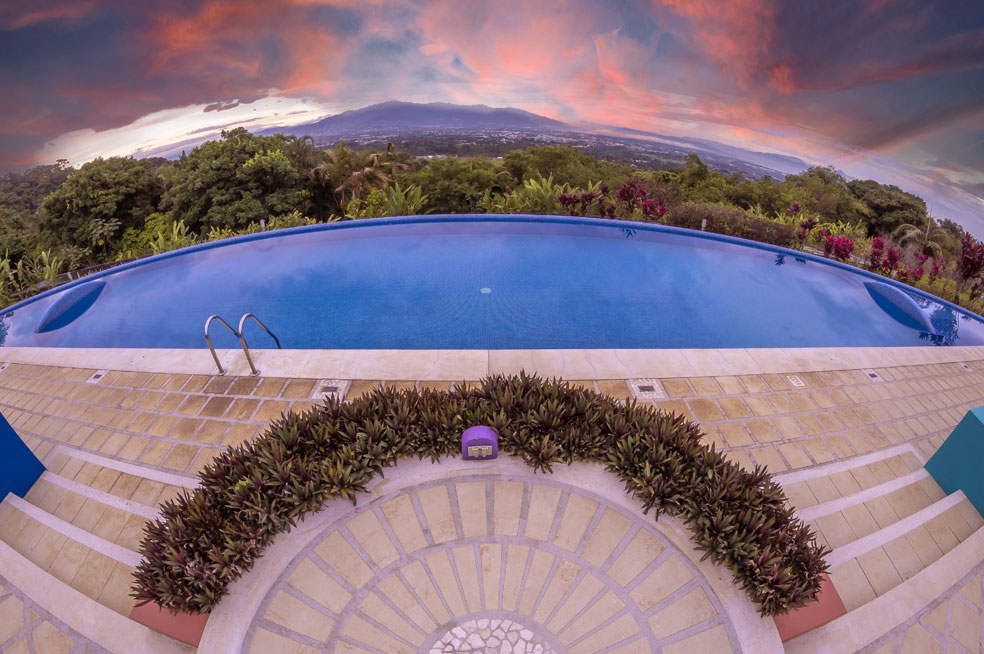We have achieved CST Elite Level certification from Costa Rican Institute of Tourism (ICT) in Sustainable Tourism. The elite level is the highest level of certification and is awarded to businesses that demonstrate exceptional performance in all three pillars of sustainability. This is a testament to our commitment to sustainable tourism and our dedication to protecting Costa Rica's natural and cultural resources.
The Certification for Sustainable Tourism (CST), established by the Costa Rican Tourism Institute in 1997, was created to provide guidelines for hotel properties and service providers to build their business model based on the best sustainable tourism practices – the management and impact of the natural, cultural and social resources of the country. CST has a validity of two years and the criteria and indicators that are valued to award certification include: business management; social, cultural and economic management; environmental management; and the management of specific indicators according to category.
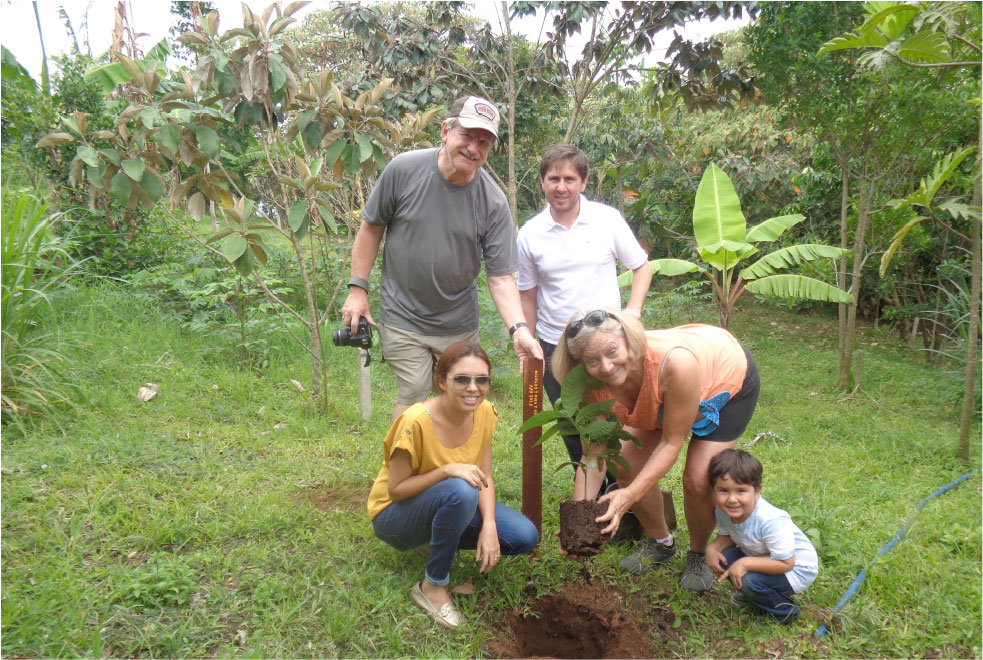
The Plant-a-Tree Program, a way for guests, employees, children and neighbors to contribute to reforestation. Xandari provides a tree, the know-how and location – and an individual, couple, family or group carefully plants it, with a staff member's help or guidance. A marker by the tree is a lasting reminder of who planted that tree and when.
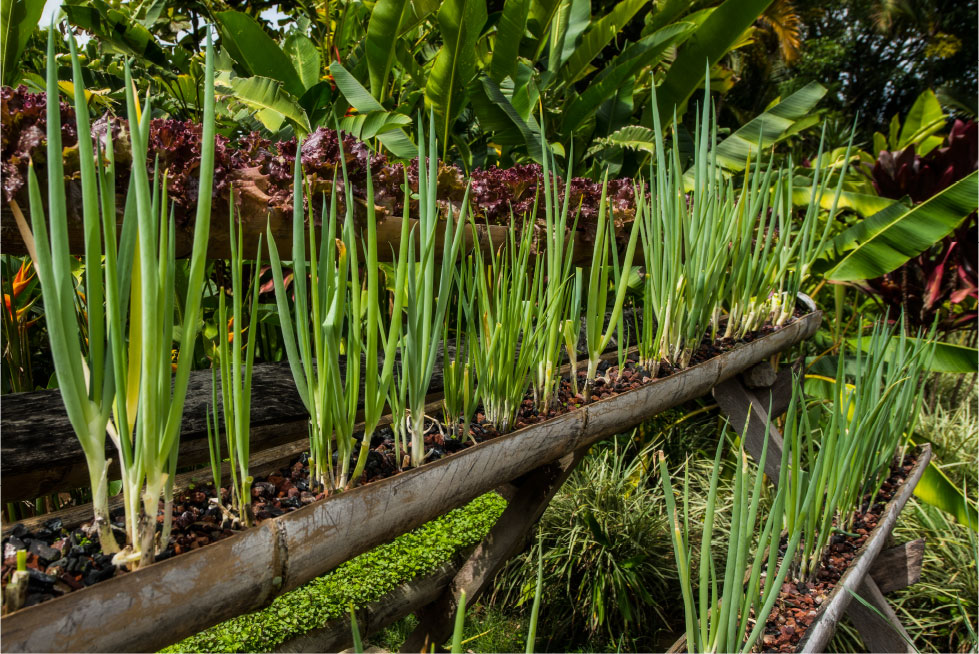
Organic compost is created from food and garden waste and used on site. It is mixed with local soil, dry grass, leaves and branches to create a rich organic soil that enriches Xandari's gardens.
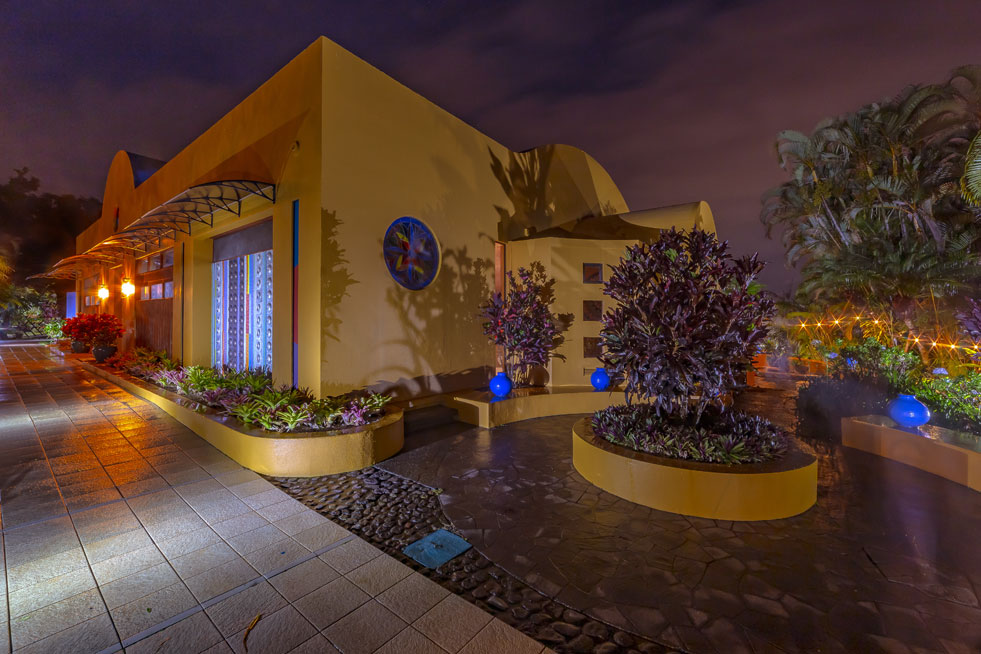
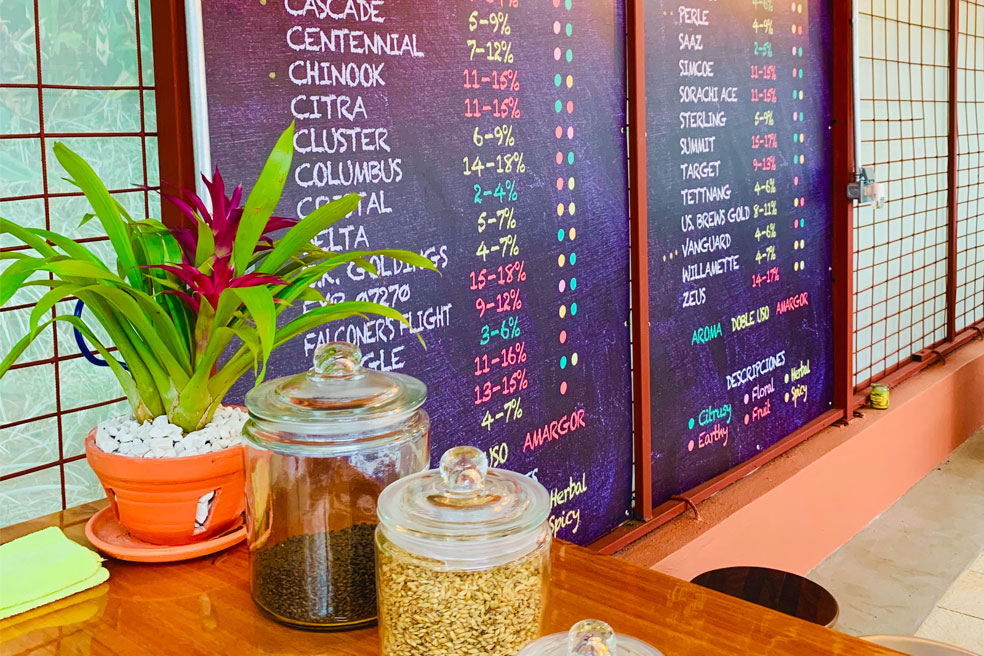
Recycling of paper, glass, aluminum and cardboard is done by staff in all areas of the hotel, including the sorting of villa waste; recyclable and refillable bottles are used when possible; and products with the least packaging are preferred.
Biodegradable and non-toxic cleaning products are used throughout hotel; an alternative to chlorine is used in the swimming pools. The pool water is purified with a system of natural chlorination using salt. Organic bacteria EM (efficient microorganism) is used in the cleaning of rooms, reducing the use of chemicals.

Local employment of people from Tacacorí is favored. Many of our very-local employees have been with Xandari since its inception, and provide us with a consistent, dependable work force, while we provide them with a consistent, dependable employer. But much more than that, we have become a caring extended "family," not only nurturing Xandari together, but watching each other's children grow, attending weddings, celebrating births, learning each other's language, sharing cultures, and creating our future together. Most other employees are also relatively local, from surrounding villages or Alajuela.
Regular donations are made to the Asociación Pro Ayuda al Niño y Adolescente en la Salud ("Assocation for Child and Adolescent Health") which helps provide medical attention to children and adolescents from lower income families. We also support the Asociación de Terranostra ("Terranostra Association"), a nongovernment organization that pioneers in educating the public on the proper management of solid waste in Costa Rica and raises awareness for the conservation of water resources, by leading a yearly community street clean-up in the local town. Lastly, we also are involved with Asociación de Desarrollo de Tacacorí ("Tacacorí Assocation of Development") which ensures that the needs of the local community are being addressed, such as maintenance of roads, improved lighting, and affordable public transportation services.
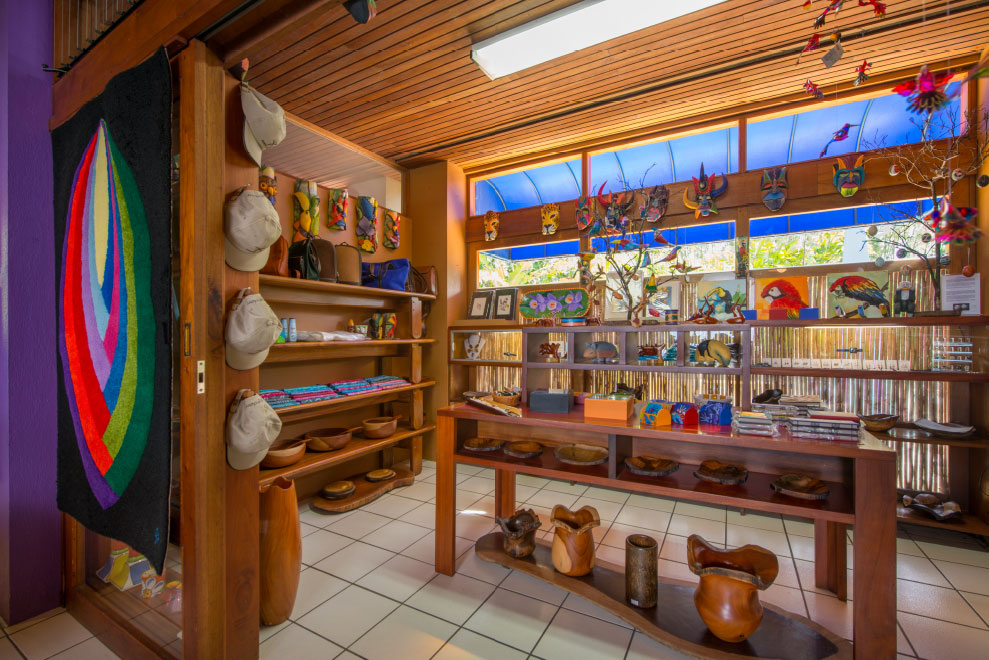
Tacacori, where Xandari is located, is a rural village in the foothills of Poas Volcano, set in one of the most scenic coffee growing regions in Costa Rica. Members of the community historically worked primarily in these coffee fields. When Xandari was formed two decades ago a new opportunity allowed a few dozen community members to transition from agriculture to hospitality. They were trained in all the skill sets required to operate a world class resort, and rose to the occasion—from early on Xandari has earned favorable coverage and rankings in the glossy magazines that help travelers decide where to take their next vacation.
The rolling hills surrounding Xandari continue to provide some of the best estate coffee you will find anywhere in the world. And Xandari continues to provide some of the most authentic experiences you can have in Costa Rica, because instead of employees Xandari has a community, locals who still walk from home to work each day, welcoming you to their Costa Rica. When you are with us you may notice and/or participate in the some of our community initiatives:
Costa Rican crafts and products are used and featured in all aspects of our hotel, from the carved wood bowls in our stores, to the locally made furniture in villas… from the lotions and oils used at the spa, to the granola we serve at breakfast. This emphasis on authenticity to the culture supports the artists, craftsmen and companies around us.
Xandari's large gardening team is assigned to help the Tacacorí School and kindergarten on an ongoing basis with maintenance of their green areas; we also collect the recycling material the school gathers and assist the school in the collection of the financial rewards of recycling.
We donate funds and/or prizes for the activities that the local church organizes. School children have planted trees as part of our "Plant-a-Tree Program" and they have participated in our recycling talks.
We provide a list of local activities on the bulletin board at Reception and encourage guests and staff to participate in the community events around us. We also invite members of the community and the local school to enjoy the traveling exhibitions of Museos del Banco Central that are eventually displayed in our Art Studio during different periods of the year.
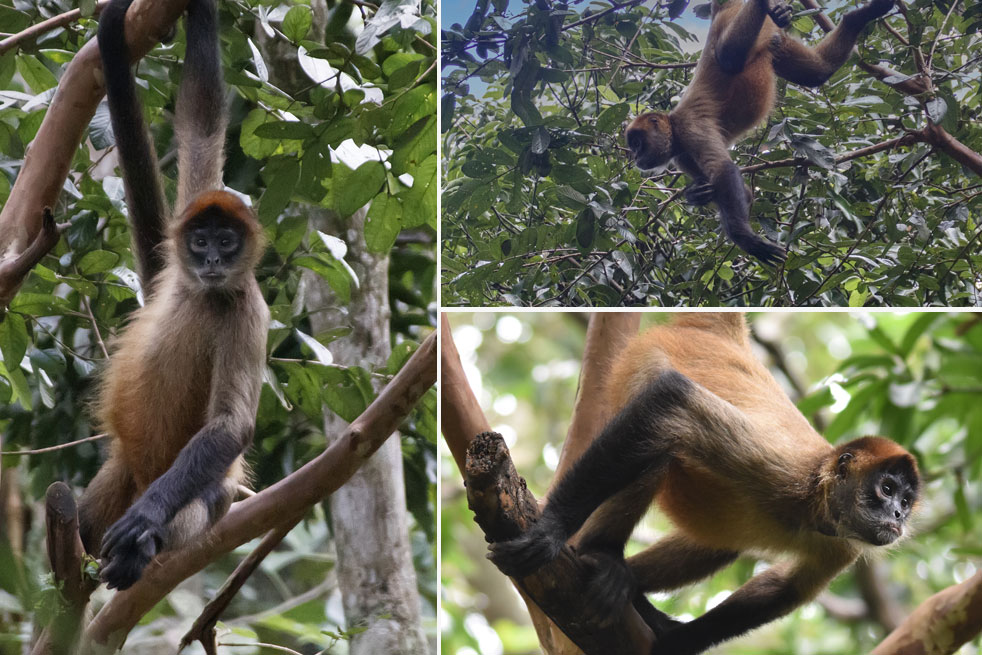
Xandari resort and spa has contributed in donations with the spider monkeys found at Wildlife Rescue Center, which are constantly releasing and rehabilitating the monkeys and a lot of animals.
Spider monkeys are critically endangered species in Costa Rica due to trafficking for the pet trade, deforestation and hunting. Their diet is a mixture of fruits and vegetables, such as bananas, mangoes, carrots, lettuce and mixed natural leaves from the sanctuary's trees.
This rescue center has a release site in Nicoya with the population of wild spider monkeys over 75 monkeys in the region. This is a 1,800+ acre private reserve property, where they have been releasing spider monkeys for the past 20 years, what started as a small population is now over 75 monkeys, many of which have been born in the wild!
Furthermore, this project there are some other in advance of rescue in danger species of wild animals.
Wildlife Rescue center known before as Zooave, is a non-profit wildlife rehabilitation foundation, founded in 1989 and located on 14 hectares of tropical forest in the province of Alajuela, Costa Rica.
They have 3 main projects, the first is a wildlife rehabilitation center, the second is an endangered wildlife breeding center and the third one is a Wildlife sanctuary with more than 125 species of animals. Approximately 2700 wild animals are received annually at the rescue center, including sloths, jaguars, tapirs, as well as birds and reptiles. Most of the species cannot be released due to health or behaviors. Threatened species that can’t be released are kept at the center for reproduction and release of their babies.
The Sanctuary is open to the public and serves to educate and inform about wildlife management.
With the continuous support, the rescue center is able to continue rehabilitating spider monkeys and other animals in the wild and caring for those that cannot be released.
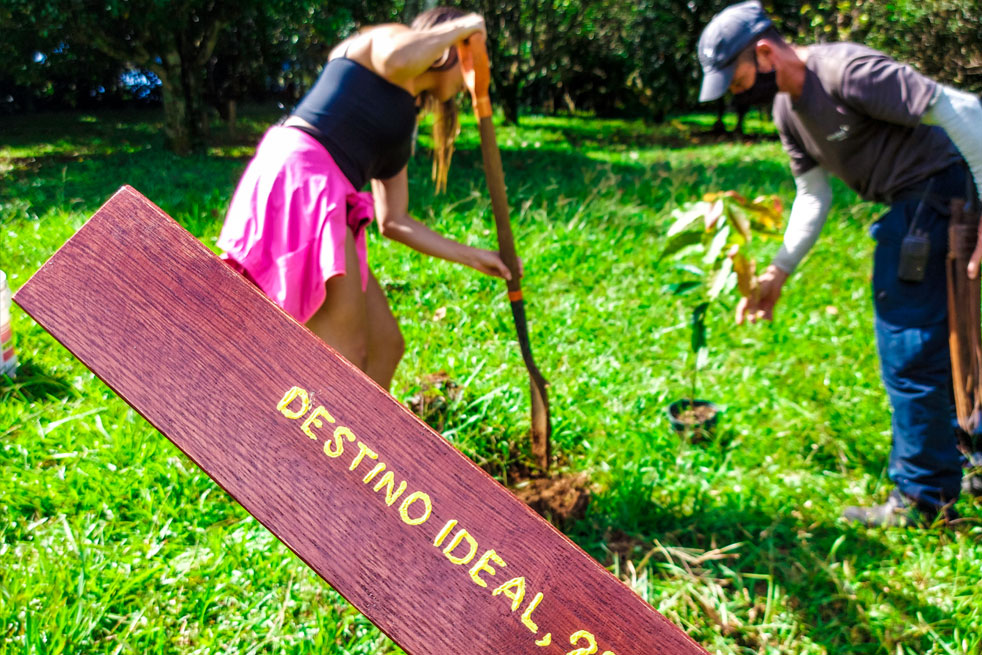
In 2015, Xandari grew beyond its Tacacori roots. In Kerala, India you can visit Xandari Harbour, Xandari Pearl and Xandari Riverscapes—each offers its own interpretation of the Xandari's authentic sense of place. We have shared our way, and each of those three Xandari communities have receptively adapted what we have shared and found their own way. Preparations for this expansion seemed at times like a jazz concert, full of individual virtuosic improvisations as well as perfectly coordinated duets and full orchestral maneuvers. Okay, that sounds fancy, and we are not trying to be fancy. On the contrary, simplicity is our way. But working together within our property is collaborative. Working together across the expanding Xandari communities is also collaborative.
Most important of all is the collaboration in the relationship between each Xandari community and its surrounding community in each location. People who walk to work also walk back home each day and are embedded in a set of relationships that, by extension, are Xandari's relationships. We want to be a responsible member of our community just as we want our neighbors to be. It is very much the Golden Rule. Our collaborative initiatives in conjunction with the surrounding community are frequently educational in nature. We provide some examples here, and the rest you should come see for yourself: Educational programs for both staff and guests on Xandari property help both to understand and participate in our sustainability efforts, but our most important educational work is in collaboration with local school programs.
The Certificate of Tourism Sustainability (CST) is a program of the Costa Rican Tourism Institute (ICT), designed to categorize and differentiate organizations according to the degree to which their operation approaches a Sustainability model
The areas that make up the CST Standard are
Each year we welcome interns who arrive, usually from other countries, equipped with state of the art education and knowhow that they in turn share with us to help us improve.
Xandari has always provided a retreat for artists who want to escape their normal surroundings but still have access to an art studio. Much of the art on the walls comes from one of the founders of Xandari, a prolific artist in several media, including oil painting, textiles, and sculpture. More recently we have been experimenting with an artist in residence program, with the idea that future art adoring our walls and gardens will be the result of a collaboration between artist and Xandari. One form of this experiment can be purchased in our gift shop currently.
Our aim is to reduce the environmental impact of Xandari more and more each year, and to protect the nature reserve that makes up a large percentage of our property. Xandari is pretty good at the basics, with a comprehensive recycling program; waste byproducts being composted and used to fertilize our gardens; fruits and vegetables grown organically on-site; and laundry dried outdoors in the sun as often as possible. We also encourage and help preserve the local culture of surrounding villages.
Before Xandari, the property was almost entirely planted with coffee, except for those areas too steep to harvest. There were few birds or butterflies as there were no trees, bushes or flowers to attract them. Slowly, we began to replace areas of coffee with trees and tropical plants in an effort to return the land closer to its natural state. As part of this effort, our guests are invited to plant native trees during their stay at Xandari.
As the many varieties of plants grew and the gardens were extended, increasing numbers of birds appeared and nested. Now the Xandari forest is considered a natural oasis in Costa Rica's Central Valley, a haven for birds both local and migratory. Bird songs fill the air from morning through the night. We research which trees, bushes and flowers especially attract, feed and provide shelter to the various types of birds and butterflies that inhabit Costa Rica and are constantly adding new varieties to our botanical gardens.
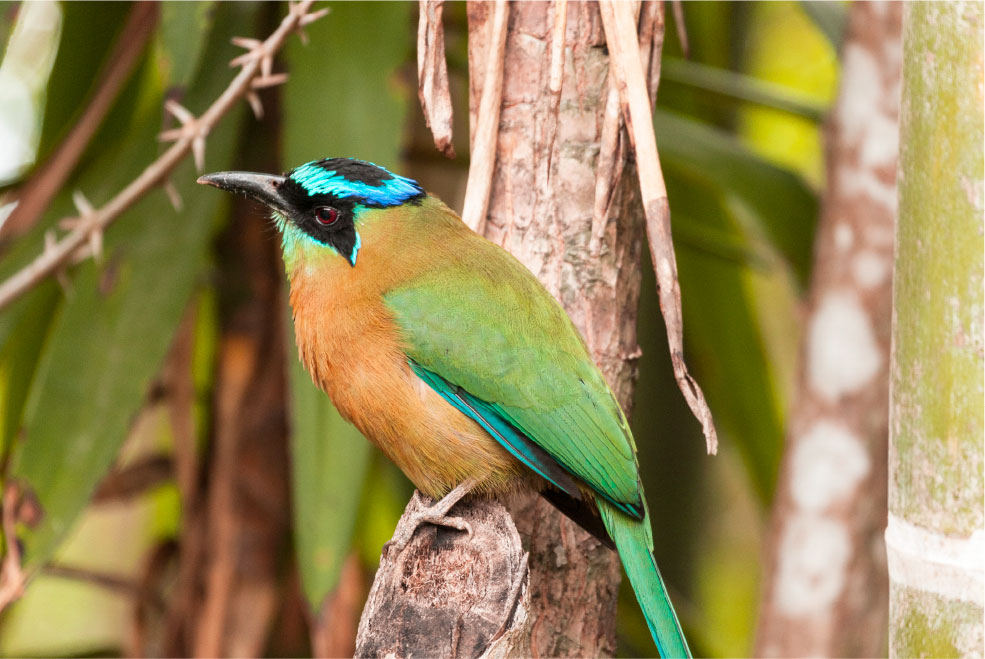
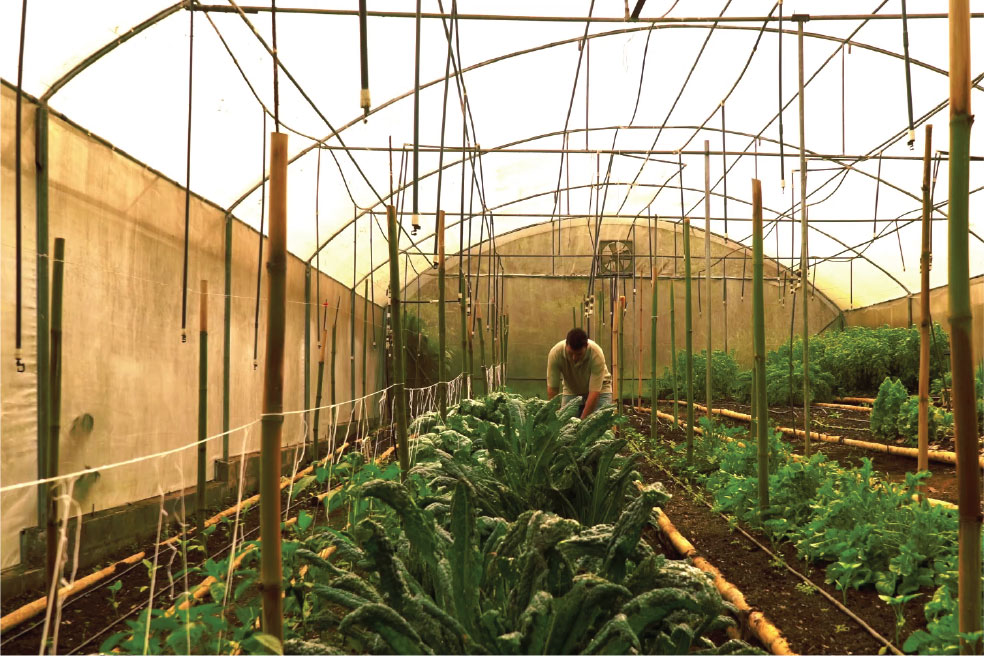
Organic Vegetables and Fruit are grown in our greenhouse and orchards on site for use in the restaurant because it's healthier and lessens our carbon footprint. With this in mind, we use other organic local food sources when available. Coffee at Xandari is grown organically and goes to the local coffee cooperative where it combines with other organic beans from our area, then is processed locally, served in our restaurant and sold in Xandari's gift shop.
Healthy food choices that reflect a variety of local ingredients and food products. Several of the menu options are traditional Costa Rican food and desserts to provide a taste of the local cuisine.
Botanical gardens abound at Xandari, with indigenous plants of Costa Rica labeled with both the popular and botanical name. This is interesting for guests and creates pride in our staff for their country's natural abundance. Visiting school children come to learn the names of their native plants. The gardens also attract birds, butterflies and other wildlife to the area.
